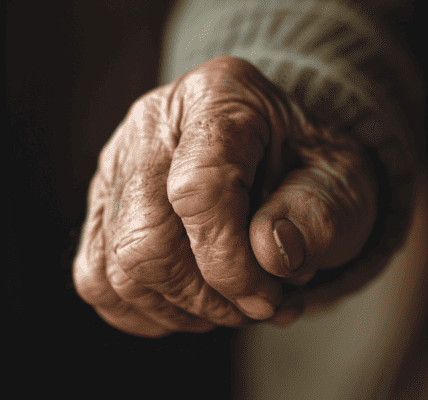Breast cancer is a prevalent health issue affecting women globally, with millions of new cases diagnosed annually. In India, breast cancer constitutes 28.2% of all female cancer cases, making it the most common type of cancer among women. While factors like genetics and age are beyond our control, adopting certain lifestyle changes can help lower the risk of developing breast cancer. Here are five evidence-based strategies that can assist in reducing this risk.
Maintain a Healthy Weight
One crucial way to reduce the risk of breast cancer is by maintaining a healthy weight. Excess body weight, particularly after menopause, is linked to an increased risk of developing breast cancer. Research published in the Journal of the National Cancer Institute revealed that postmenopausal women who are overweight or obese face a 30-60% higher risk of breast cancer compared to women with a healthy weight. However, even a modest weight loss can have a positive impact. The same study indicated that postmenopausal women who shed just 5% of their body weight lowered their breast cancer risk by 12%.
Exercise Regularly
Regular physical activity has been demonstrated to lower the risk of breast cancer. Strive for at least 150 minutes of moderate-intensity exercise, such as brisk walking, per week. A study in the British Journal of Cancer discovered that women who engaged in consistent physical activity reduced their breast cancer risk by 20%. Exercise not only aids in weight management but also offers additional benefits like reducing inflammation and helping to balance hormone levels, which contribute to its protective effects against breast cancer.
Breastfeed, If Possible
Research has shown that breastfeeding can decrease the risk of breast cancer, especially if done for a year or longer. A meta-analysis published in the Annals of Oncology highlighted the protective effect of breastfeeding against breast cancer. The study suggested that the longer the duration of breastfeeding, the greater the reduction in breast cancer risk. Therefore, if possible, breastfeeding can be a beneficial strategy in lowering the risk of developing this type of cancer.
Consume a Healthy Diet
Adopting a healthy diet rich in fruits, vegetables, whole grains, and lean proteins can contribute to reducing the risk of breast cancer. Include a variety of colorful fruits and vegetables in your meals to benefit from their antioxidant properties. Limiting the consumption of processed foods, sugary beverages, and red meat can also be advantageous in maintaining overall health and potentially lowering the risk of breast cancer.
Limit Alcohol Intake
Alcohol consumption has been linked to an increased risk of breast cancer. To reduce this risk, it is advisable to limit alcohol intake or avoid it altogether. If you choose to drink, do so in moderation and be mindful of the recommended guidelines. Cutting back on alcohol consumption can be a proactive step in lowering the risk of developing breast cancer.
By incorporating these lifestyle changes into your daily routine, you can take proactive steps towards reducing the risk of breast cancer. While there are no guarantees in preventing this disease, adopting a healthy lifestyle can significantly contribute to promoting overall well-being and potentially lowering the likelihood of developing breast cancer.





